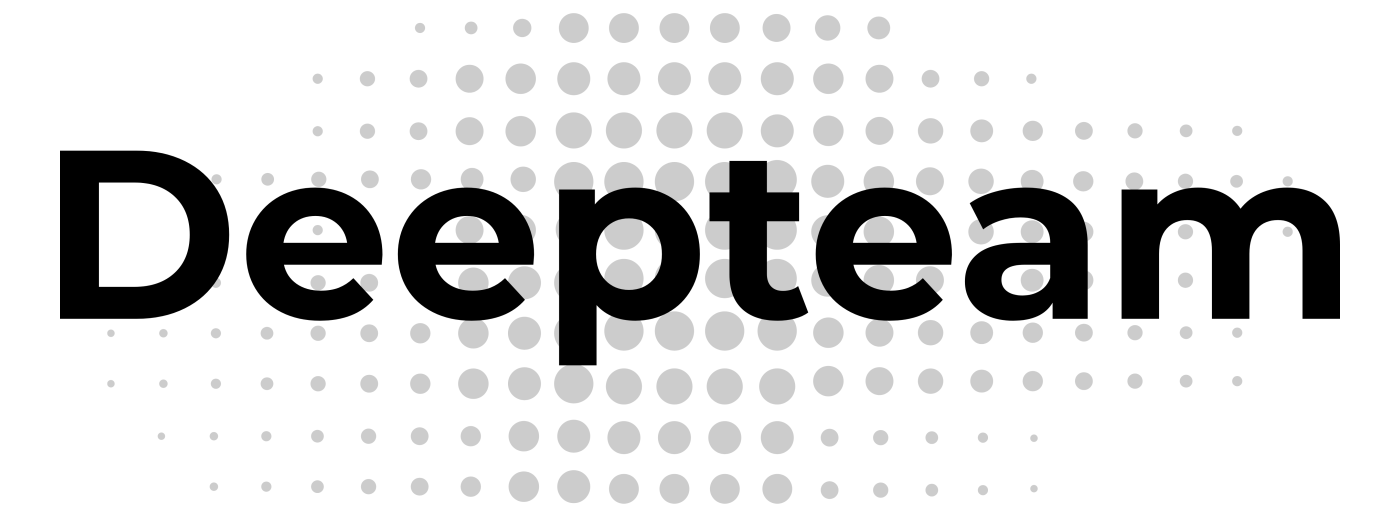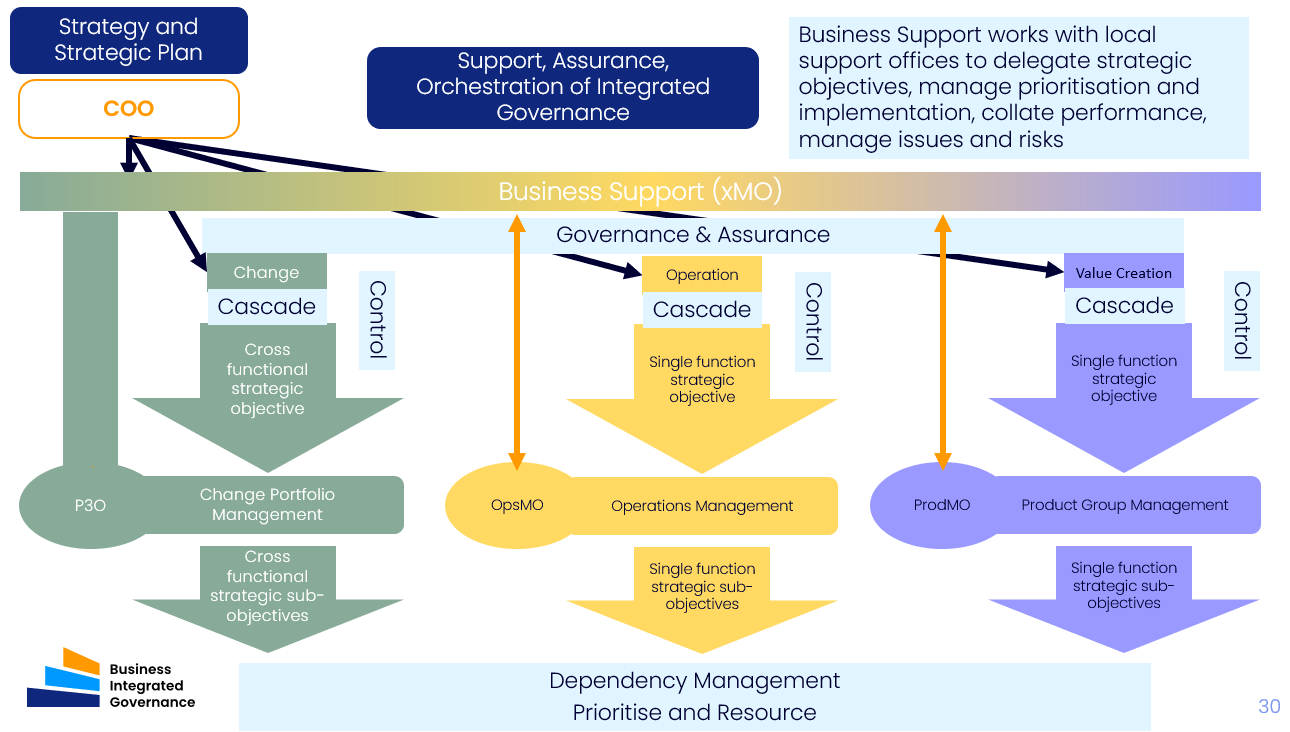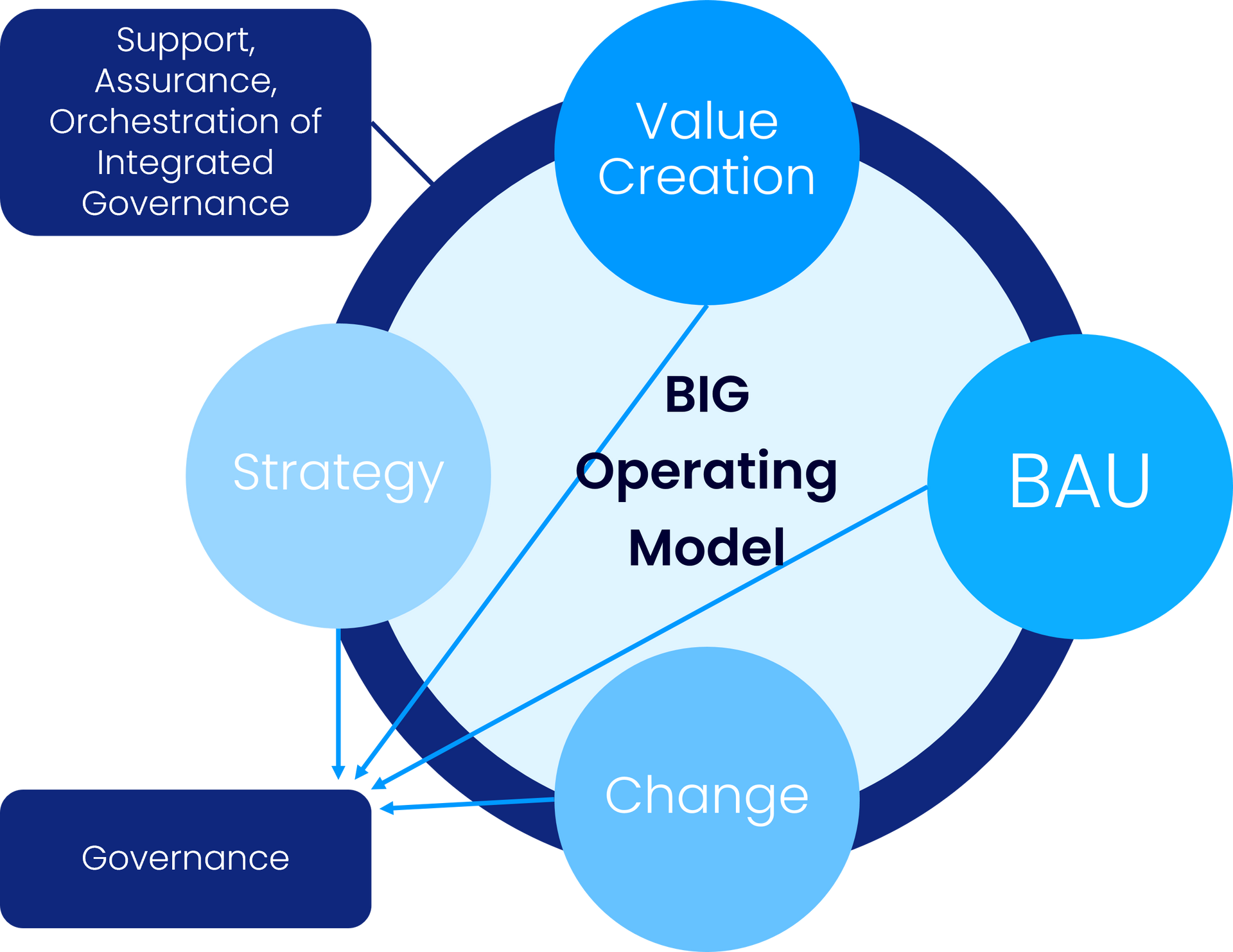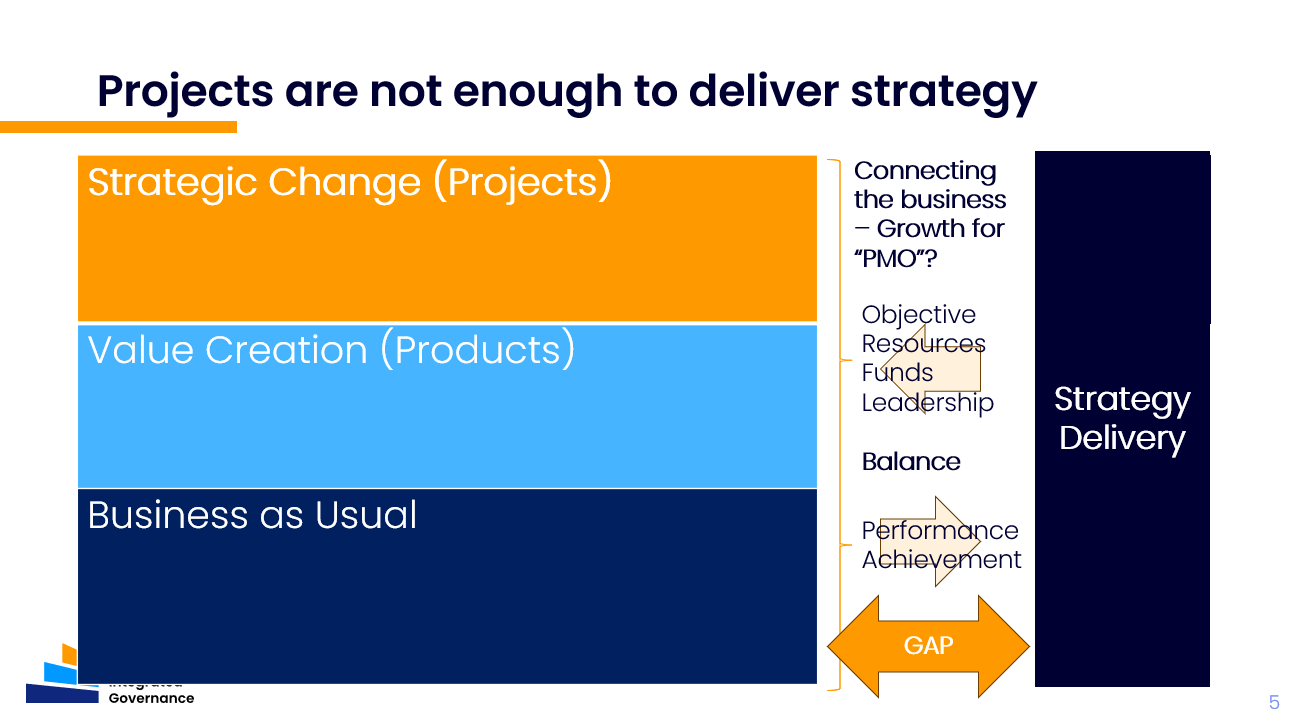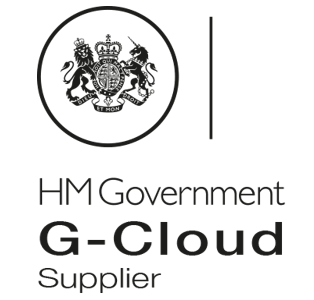This is a subtitle for your new post

In the introduction to this topic (see here), we asked how do you ensure, or assure, that you have purpose, vision and strategic roadmap? We stated ten golden rules - this blog concentrates on the third of these rules:
Accountability and Delegation
In the first and second of our blogs, we considered the importance of Alignment and Relationship of programmes to organisational strategic goals and Purpose, Vision and Roadmap. We now consider how we ensure accountability for outputs and outcomes and how we delegate an appropriate level of decision making to the key leaders and managers involved in the business and programmes. As well as individual roles (see below) there are normally governance bodies that support the key decision makers, e.g. Steering Committee, Programme Board.
The overriding objective of good governance of change is to ensure an organisation achieves change successfully with confidence, transparency and control. It should ensure that the organisation is aware of risks, minimises project failures and maximises the beneficial outcomes (value) from their overall portfolio of projects in a sustainable and transparent manner. Ultimately an organisation’s main Board has the ultimate accountability to shareholders or other ownership bodies. But it is unreasonable (in a large organisation) for the main Board or its members to have a detailed involvement in all decisions at all levels in order to execute their responsibilities. Therefore, there must be some delegation of those responsibilities. However, this needs to be carried out in a structured was to avoid overlaps and gaps – and to ensure an individual is fully aware for what the main Board is holding them accountable.
It is therefore vital that each key governance role aligns with another for accountability and that there is a hierarchy of delegation. Does your organisation have a systematic and documented corporate governance policy defining where (body or role in the organization) each type of project decision can be most effectively made, by whom and to what authority level (often defined by financial limits)? And are they specific by project or programme role, e.g., sponsor, programme manager, stage review panel, business user, rather than a person’s organisational job title?
The Sponsor is effectively ‘borrowing’ money from the business (represented by the Main Board) to create value by investing in a programme which will produce a business performance enhancement greater than the cost (outcome and benefits) in line with strategic objectives. Does the Sponsor get held to account by the Main Board in your organisation for value creation – to realise the outcomes and benefits of any investment?
The hierarchy of delegation then extends to the delivery team, led by the Programme Manager who is accountable back to the Sponsor for delivery of outputs and desired changes.
The APM publication Directing Change shows that golden thread of delegation.
Each role is supported by appropriate boards or committees of key decision makers.

